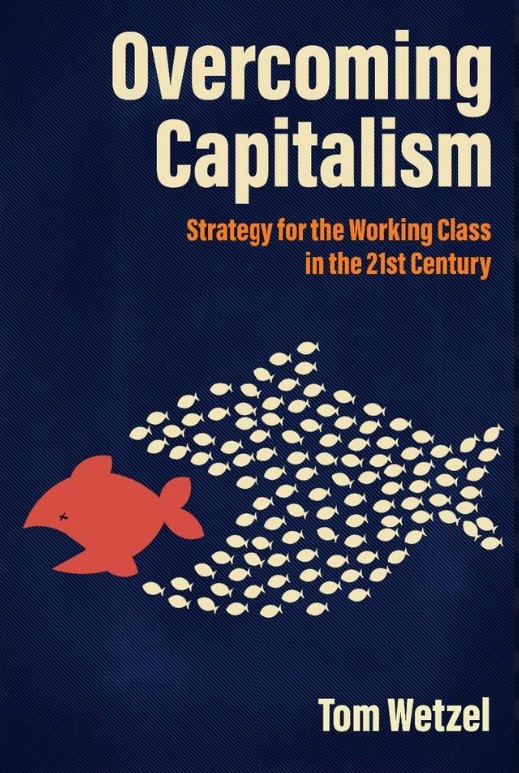Category: Marxism
From ideas & action. By Tom Wetzel As the burning of fossil fuels continues to pump up the size of the carbon dioxide layer in the atmosphere, the global warming crisis becomes ever more acute. In its “Code Red for Humanity” warning in 2021, the UN’s Intergovernmental Panel on Climate Change said: “The alarm bells are deafening, and the evidence is irrefutable: greenhouse‑gas emissions from fossil-fuel burning and deforestation are choking our planet and putting billions of people at immediate risk. Global heating is affecting every region on Earth…” But we’re losing the climate battle thus far. In Climate Change as Class War, Marxist geographer Matthew Huber argues that the climate movement is losing because it is rooted in the “professional class.” He argues that this class lacks the power to defeat the powerful capitalist interests that drag their heals against the kind of drastic cutting back of fossil-fuel burning that is needed. For Huber, the climate movement needs to be rooted in the working class to have sufficient power to enact radical structural reforms needed to effectively fight global warming. Huber analyses the existing climate movement as consisting of three layers. First, there are the “science communicators” like James…
By Tom Wetzel This post is based on Chapter 10 in Overcoming Capitalism. A major contribution of Marx to the socialist movement was his analysis of the structure and dynamics of the capitalist regime or social formation. The influence of Marx’s social theory went beyond the self-avowed “Marxist” parties and intellectuals, and had an influence on the broader socialist movement which has always included a variety of different viewpoints and ideas about strategy and social change. Looking at the long arc of history, Marx distinguishes various “modes of production” that have existed since the emergence of states and systems of class oppression and exploitation. The idea here is a kind of hypothesis about how we understand the dynamics of social struggles and changes. A “mode of production” is a social structure that governs production — the way the society is structured to make a living, producing the things that are needed in a society at a given time. I follow G.D.H. Cole in interpreting Marx as a realist. In the realist approach to explanation of events and changes over time, two causal components are necessary. There is the course of events that provide the triggers for new events and changes….

